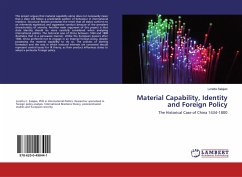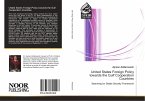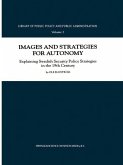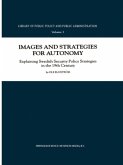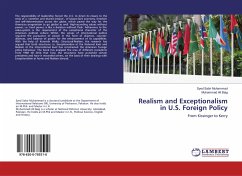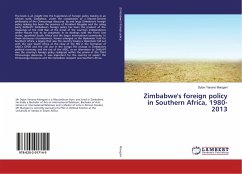This project argues that material capability alone does not necessarily mean that a state will follow a predictable pattern of behaviour in international relations. Structural Realism promotes the tenet that all states conform to an inherently egotistical and aggressive conduct because of the prevalent characteristics of anarchy. Another main argument of this project is that state identity should be more carefully considered when analysing international politics. The historical case of China between 1434 and 1800 illustrates that in a persuasive manner. Unlike the European powers after 1500, China preferred not to engage in an imperial foreign policy, despite possessing the material capability to do so. The process of identity formation and the way in which national interests are conceived should represent central issues for IR theory, as their product influences states to adopt a particular foreign policy.
Bitte wählen Sie Ihr Anliegen aus.
Rechnungen
Retourenschein anfordern
Bestellstatus
Storno

